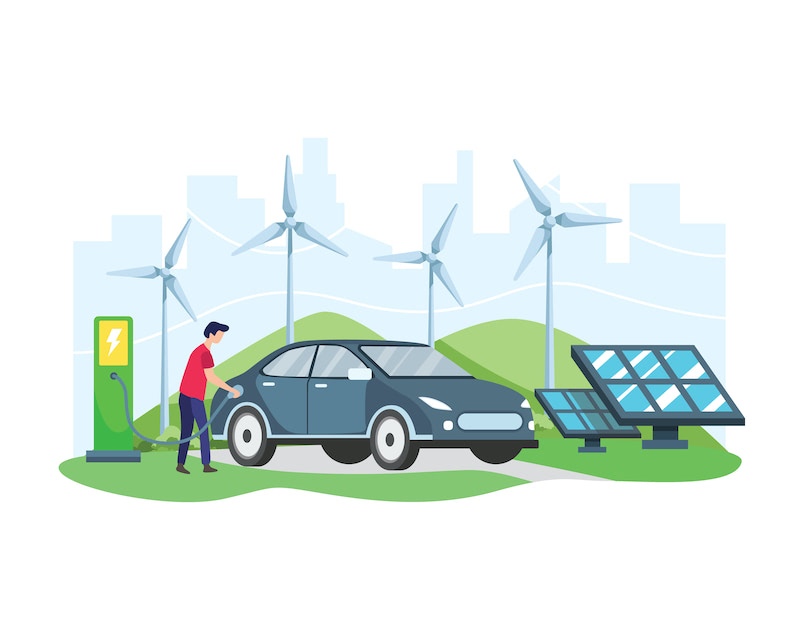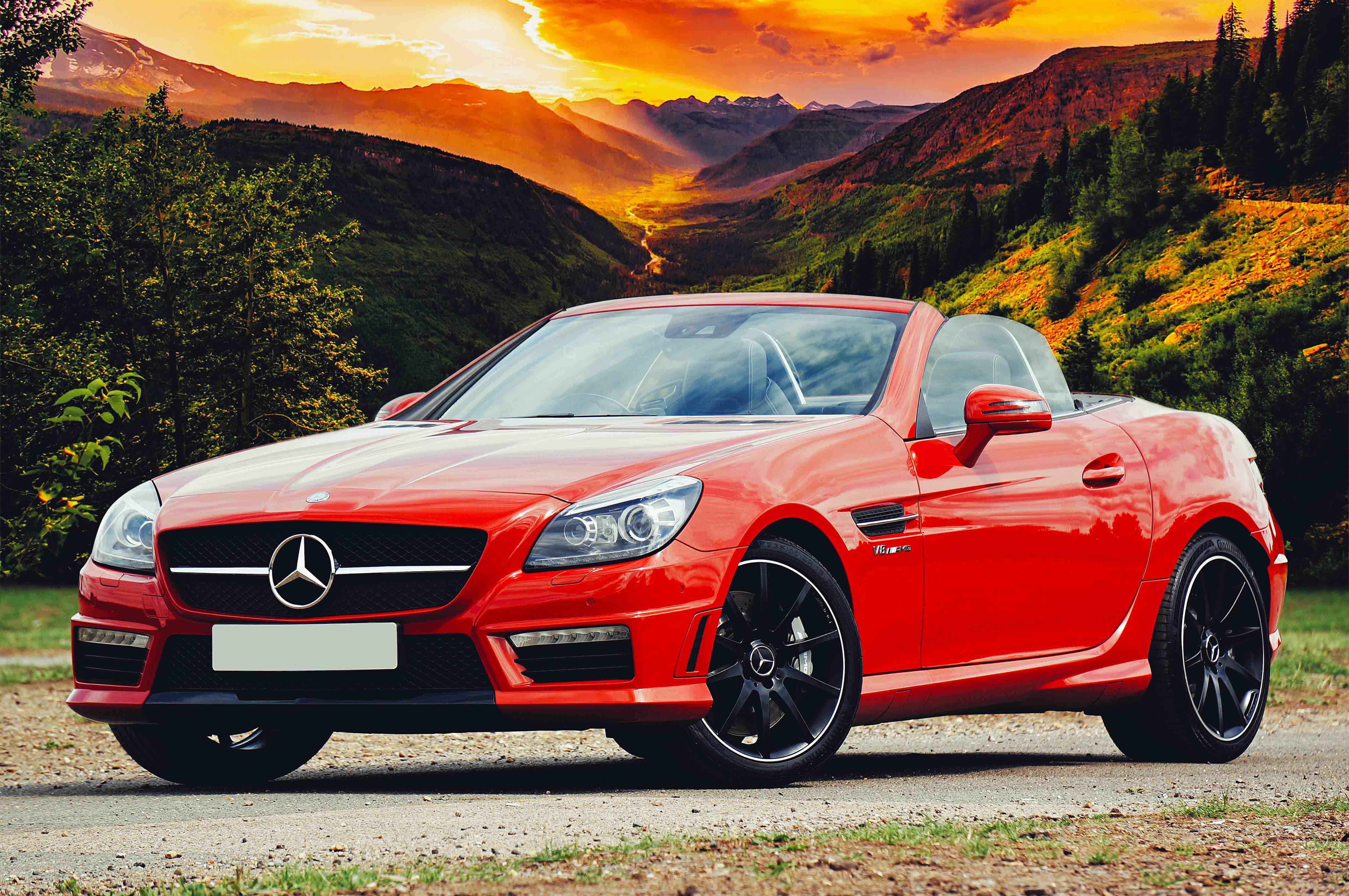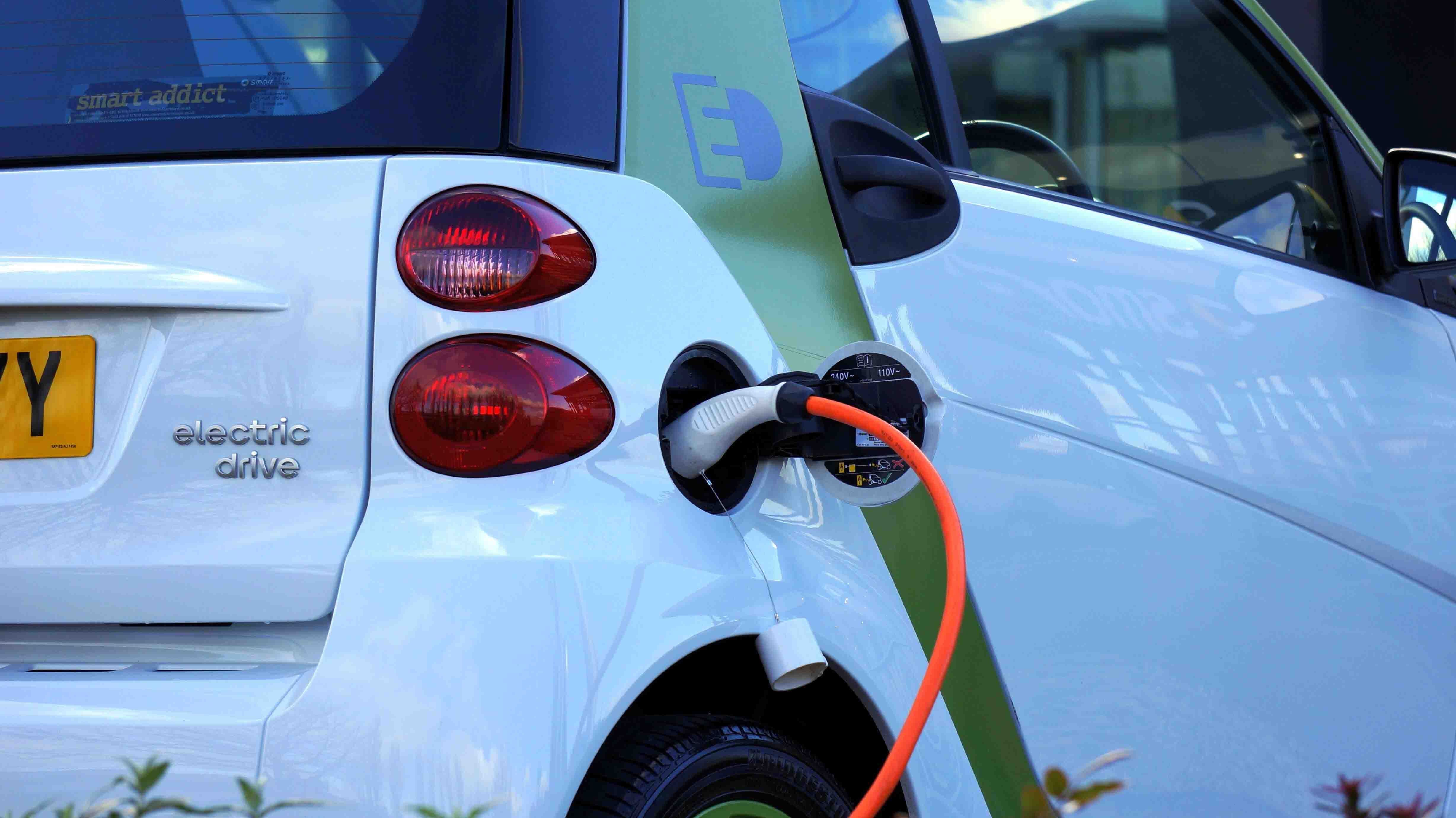Shanghai (Gasgoo)- The IAA MOBILITY 2025 opened on September 8 at the Messe München exhibition center in Munich, where XPENG made one of its most ambitious appearances to date. The company unveiled five models—including the all-new P7, the 2025 G6 and G9 models, the X9 MPV, and the P7+—alongside a range of forward-looking technologies such as humanoid robots, flying car, and its SEPA modular platform.
At 9:20 a.m. local time, XPENG hosted a press conference, setting the stage for a wide-ranging update on its international ambitions.
The automaker announced the upcoming launch of its first European R&D center, marking its ninth globally and strengthening synergies with existing hubs in Silicon Valley and San Diego. Guided by the principle "In Europe, With Europe," the new facility will focus on tailoring innovations to local consumer needs and accelerating technology integration in the region.
XPENG's overseas journey began in Norway in 2021 and has since expanded to 46 countries and regions. The company has quickly built momentum, ranking among the world's top six pure EV brands by sales in the first half of 2025. From January to July, its overseas deliveries surged 174% year on year to 21,701 units. The P7+, billed as the world's first AI-powered car, is also set to debut in Europe, showcasing XPENG's latest advances in smart mobility.
XPENG also highlighted progress in its partnership with Volkswagen, which is co-developing an electronic and electrical architecture with the Chinese automaker. The system will not only underpin Volkswagen's EV platforms in China but will also be applied to its ICE vehicle and PHEV models in the market.
Global localization is another priority. In July, XPENG delivered its first locally produced X9 in Indonesia, marking the rollout of its overseas manufacturing strategy. The company said it will further expand production with European supply chain partners to speed up the delivery of Chinese smart EVs to global consumers.
The star of XPENG's stand was the all-new P7, which drew crowds with its futuristic proportions and minimalist "less is more" styling. Its clean body lines blend seamlessly with sculpted surfaces and slim lighting signatures, while seven new exterior colors and a premium BASF paint finish enhance its visual presence. Beyond design, the sedan comes equipped with three Turing AI chips delivering 2,250 TOPS of computing power—enough to run advanced multimodal AI models directly on the car, enabling more intuitive and natural interaction between driver and machine.
While the all-new P7 took center stage, XPENG also drew attention with a broader showcase of its AI ecosystem, including the IRON humanoid robot, its next-generation flying car, and its "Land Aircraft Carrier" Modular Flying Car prototype. Chairman He Xiaopeng used the occasion to highlight the company's vision of AI not just in cars, but across a wider mobility and robotics portfolio.
XPENG has spent five years developing humanoid robots, completing six generations of prototypes with expanding capabilities. The IRON robot is already undergoing factory training, and a more advanced version is set to be launched in the fourth quarter of this year, with mass production targeted for 2026. The robots are envisioned for use in manufacturing, retail, and customer service settings. At the IAA MOBILITY 2025, IRON captivated audiences by performing a coffee-making demonstration, underscoring XPENG's belief that AI can evolve from a mobility tool to a true companion for people.
In low-altitude mobility, XPENG's aviation arm XPENG AEROHT has invested around $600 million over 12 years, iterating through seven generations of prototypes. Its flagship "Land Aircraft Carrier" Modular Flying Car is scheduled for a world maiden flight in Dubai this October. With nearly 5,000 units of pre-orders already secured in China, the vehicle is slated for delivery in the second half of 2026. The company also plans to work with international partners to expand urban air mobility applications and advance integrated "air-and-ground" transport solutions.
XPENG is also advancing AI in production and driving. Its proprietary AI system has already enabled autonomous operations from assembly line to shipping yard, demonstrating real-world industrial applications. Looking ahead, the company aims to launch an L4-capable production vehicle by 2026 and begin Robotaxi pilots in China. Its Turing AI driving system is being adapted for global markets, with the goal of delivering locally optimized smart driving to customers worldwide by the fourth quarter of 2026.



